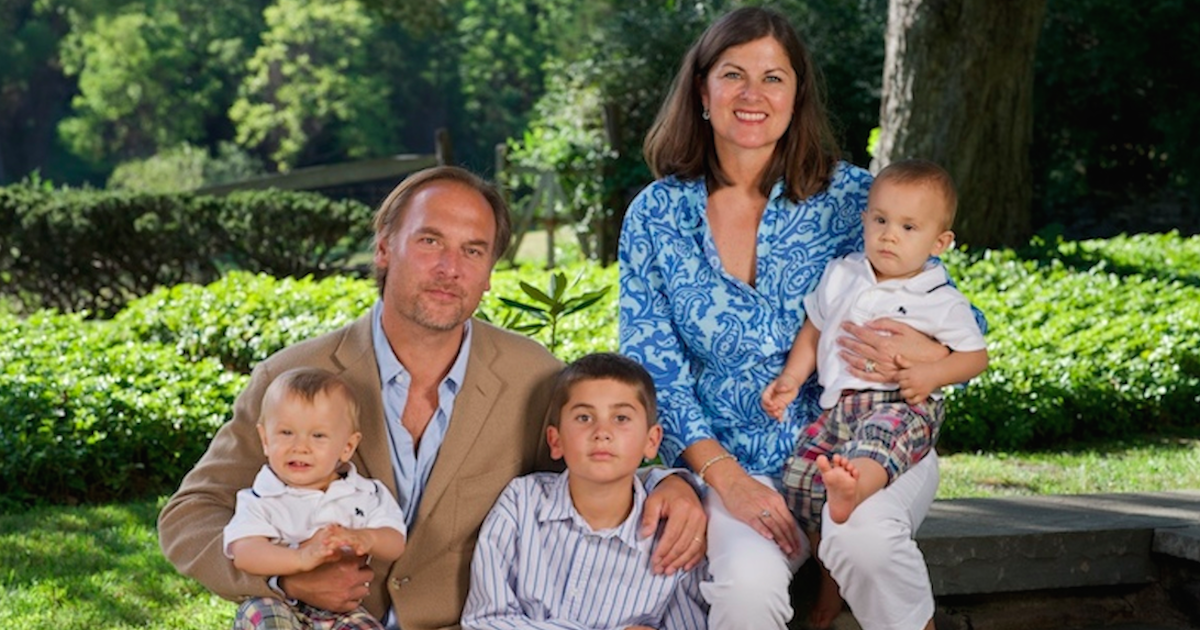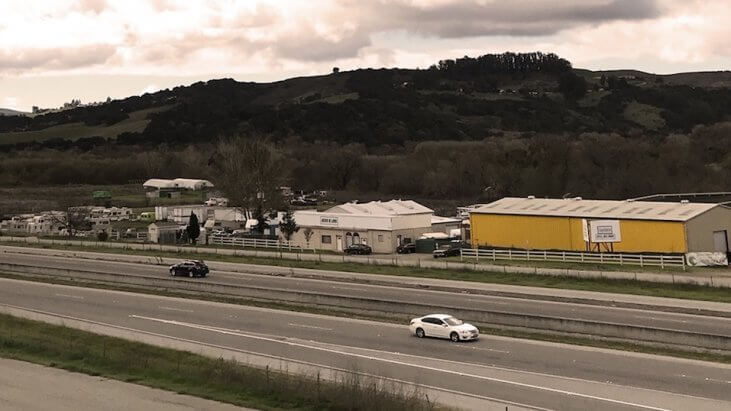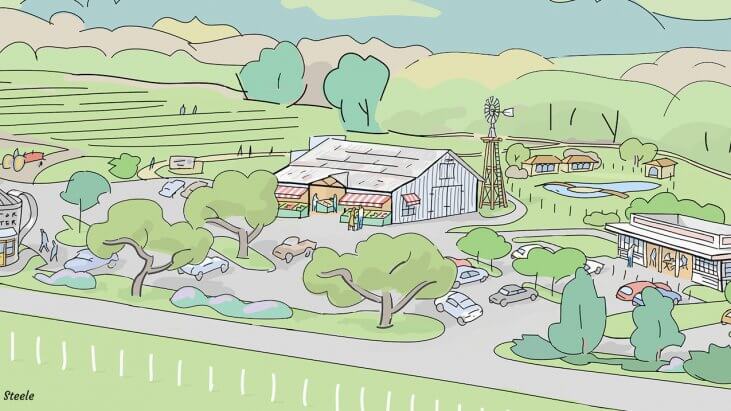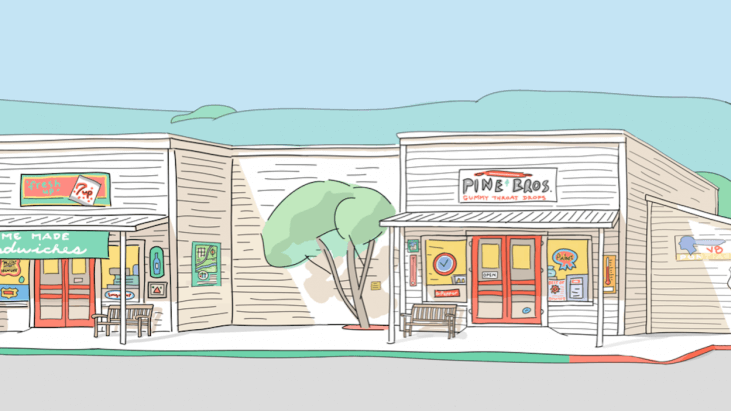“This journey is so traumatic that you don’t look in your rear view mirror. You move on and try to forget. My family doesn’t do that,” says Rider McDowell, co-founder of Airborne Products and brains behind future pediatric cancer research community Betabel Road Project. Despite its philanthropic mission, the project is facing serious opposition from a local environmental organization determined to disrupt their progress.
McDowell and his wife Victoria experienced the devastating impact of pediatric cancer firsthand when their son, Errol, was diagnosed with a type of brain cancer called medulloblastoma. Errol was receiving treatment at UCSF Health in San Francisco, California, and during their commute to the hospital, McDowell and his family would drive by a wrecking yard in San Benito County that Errol grew fond of. He proposed that his family clean up the yard and create a roadside attraction that would bring the community together. McDowell and Victoria purchased the land through their charitable trust, and from there, Betabel Road Project was born. Tragically, Errol passed away at the age of eighteen after bravely fighting the disease, but before he passed away, he was able to walk the ground he grew so attached to.
Read More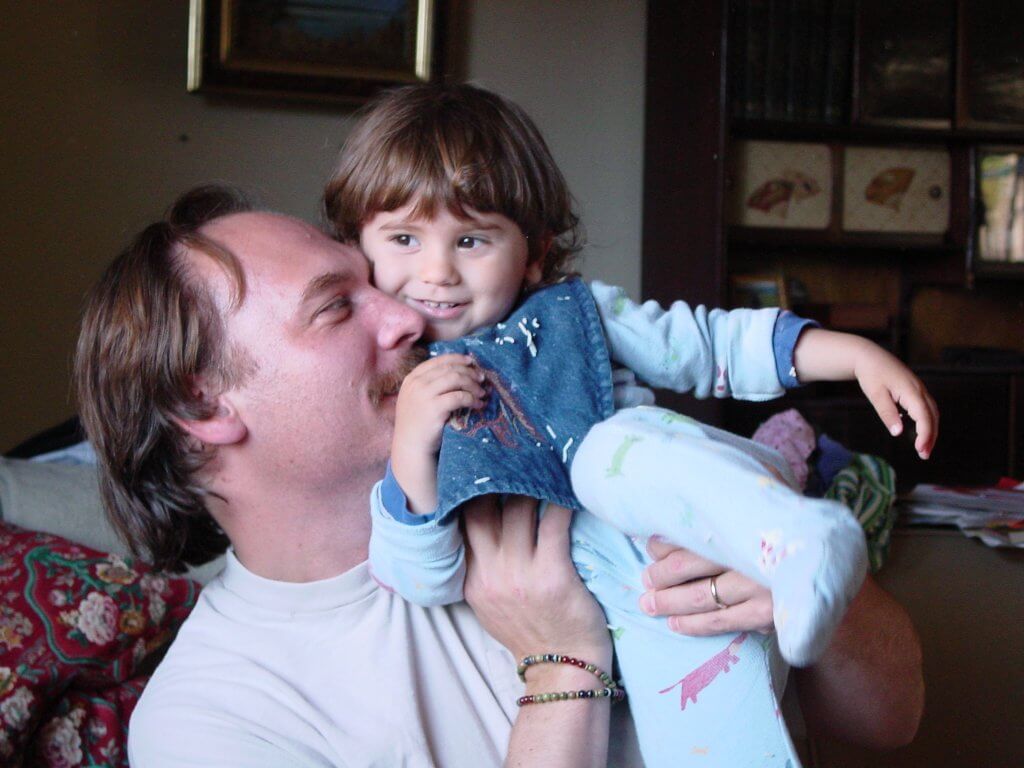 “[Pediatric cancer research] was his passion,” McDowell says about Errol. “In this terrible odyssey you undertake, you meet the other kids and the other kids’ parents, and it’s really tough. It really does come down to us.”
“[Pediatric cancer research] was his passion,” McDowell says about Errol. “In this terrible odyssey you undertake, you meet the other kids and the other kids’ parents, and it’s really tough. It really does come down to us.”One reason McDowell and his family decided to start this project is due to the fact that pediatric cancer research is significantly underfunded compared to other types of cancer. According to the National Pediatric Cancer Foundation, in the U.S., only 4% of the billions of dollars spent each year on cancer research and treatments are directed towards treating childhood cancer. This funding lag has a ripple effect: Since 1980, fewer than 10 drugs have been developed for use in children with cancer while hundreds been created exclusively for adults.
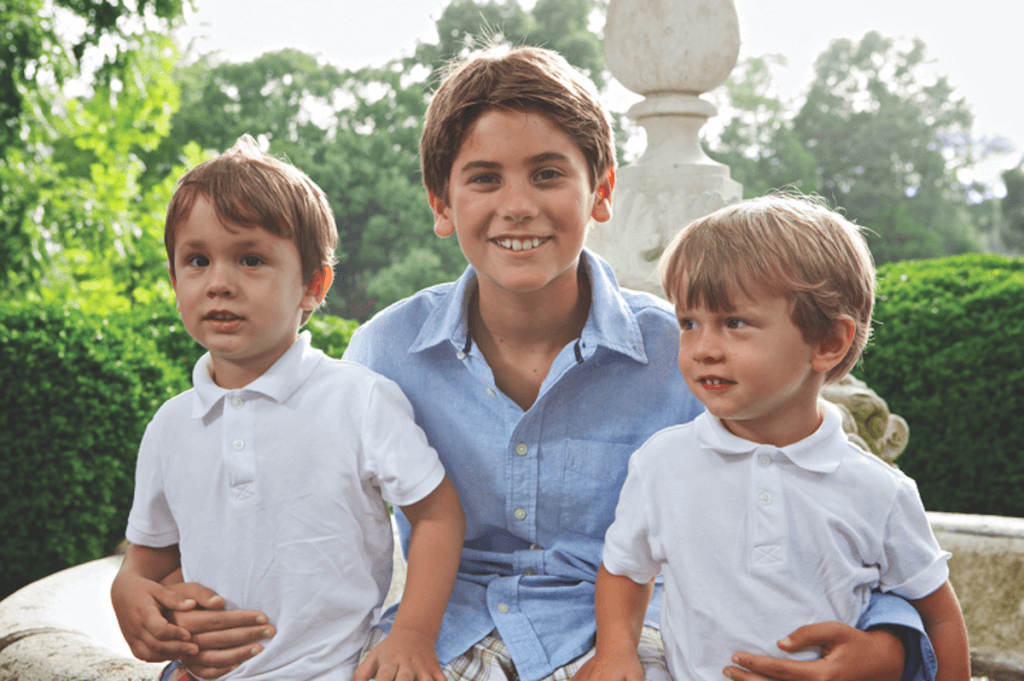
To honor Errol’s memory, and bring his vision to life, McDowell immediately started breaking ground on the property. With the help of environmental group Coastal Habitat Education Environmental Restoration (CHEER), they restored the polluted Pajaro River located right next to the property and cleaned up debris. Now with a clean space, McDowell plans to create an organic farmers market featuring local farmers, wine and cider tastings from merchants, an old-fashioned convenience store with a gas station, vintage restaurant, and a visitor center in the form of a large watering can. However, the focus of the roadside attraction will be a large and stunning white-washed barn which will feature local musicians and community events.
The project will be owned by McDowell’s charity, and the organization will pay employees of Betabel Project as a company. Whatever profit is left over at the end of the year will go straight to pediatric cancer research.
Through these plans, McDowell stresses that he wants local merchants to be featured, which will increase job opportunities and help bring awareness to the community by attracting those driving down Highway 101. However, there’s one obstacle in the middle of McDowell and Errol’s dream. A local volunteer group called Preserve Our Rural Communities (PORC) is opposing Betabel Project, and have issued numerous lawsuits and restraining orders to prevent them from developing the attraction.
Despite opposition from PORC, McDowell is confident that Betabel Road Project will become a reality. Due to COVID-19, they’ve had to cease construction for the safety of the crew, but McDowell is determined to fulfill Errol’s dream by November 2021.
“There’s all these perks [of the Betabel Project], but this opposition group doesn’t want anything else built. Even something as wonderful as [this project],” says McDowell. “But we’re tough; we take it one step at a time. We’ll win.”
Learn more about SurvivorNet's rigorous medical review process.

